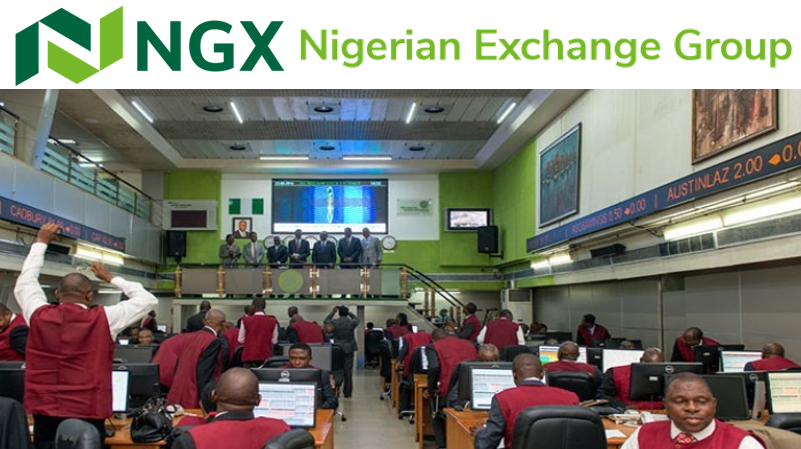Nigeria’s equity market saw a sharp decline of 0.95% during the holiday-shortened trading week ending on Friday, October 4.
The dip led to an estimated N539 billion loss for investors, driven largely by a sell-off in industrial and banking stocks.
Join our WhatsApp ChannelDespite some gains in the oil & gas, insurance, and consumer goods sectors, the overall bearish trend continued, reflecting uncertainty in the market.
“The market is going through a challenging period, and many investors are cautious due to the mixed signals from different sectors,” said an industry analyst from Lagos. “However, some sectors are still showing resilience.”
Key Indexes Record Losses in Equity Market
The Nigerian Exchange Limited (NGX) Industrial Index was the hardest hit, declining by 6.84%, while the NGX Banking Index dropped by 0.74%. This was a significant factor in the overall decline of the equity market during the week.
“The industrial sector is still grappling with economic challenges, and this has resulted in a pullback from investors,” noted a stockbroker familiar with the market trends. “The banking sector also didn’t help, given that several investors are waiting for better market signals before increasing their portfolios.”
Oil & Gas Sector and Insurance Show Strength in Equity Market
While industrial and banking stocks dragged the equity market down, the NGX Oil & Gas Index increased by 7.29%, showing the sector’s ongoing resilience. Similarly, the NGX Insurance Index rose by 3.81%, and the NGX Consumer Goods Index increased by a modest 0.34%.
READ ALSO: Nigerian Equity Market Sees 1.19% Decline Amid Trading Volume Drop
One market observer said, “There’s a positive trend in oil and gas due to favorable global conditions, which has buoyed local stock performance in that sector. The insurance sector also managed to post gains.”
Month-to-Date and Year-to-Date Performance of the Equity Market
Despite the negative trend last week, the year-to-date (YtD) return for the equity market remains positive, standing at +30.42%. However, the market has dipped by 1.05% month-to-date (MtD), reflecting the challenges of recent weeks.
According to analysts, the equity market continues to experience mixed sessions, with some days recording positive closes while others trend negatively. The Nigerian Exchange Limited All-Share Index (ASI) dropped from the previous week’s 98,458.68 points to 97,520.54 points. Market capitalization also fell from N56.577 trillion to N56.038 trillion.
Investor Sentiment in the Equity Market
Investor sentiment remains cautious, with many watching global and local economic factors that may affect the equity market. Industrial and banking stocks are expected to remain volatile in the short term, while sectors like oil & gas and insurance may continue their upward trend.
An economist noted, “With global oil prices fluctuating and local industries facing challenges, the market’s near-term outlook is uncertain. But sectors like insurance and oil & gas offer some hope.”
Overall, the recent week in Nigeria’s equity market highlighted the importance of sector-specific trends in influencing broader market performance. While some sectors posted gains, the losses in industrial and banking stocks played a critical role in the overall market decline. As investor caution persists, market watchers are anticipating further fluctuations in the coming weeks.
Emmanuel Ochayi is a journalist. He is a graduate of the University of Lagos, School of first choice and the nations pride. Emmanuel is keen on exploring writing angles in different areas, including Business, climate change, politics, Education, and others.
- Emmanuel Ochayihttps://www.primebusiness.africa/author/ochayi/
- Emmanuel Ochayihttps://www.primebusiness.africa/author/ochayi/
- Emmanuel Ochayihttps://www.primebusiness.africa/author/ochayi/
- Emmanuel Ochayihttps://www.primebusiness.africa/author/ochayi/


















Follow Us